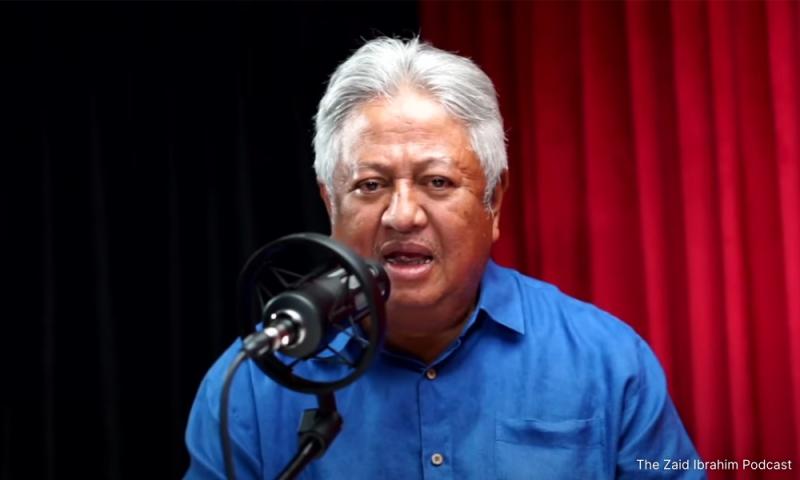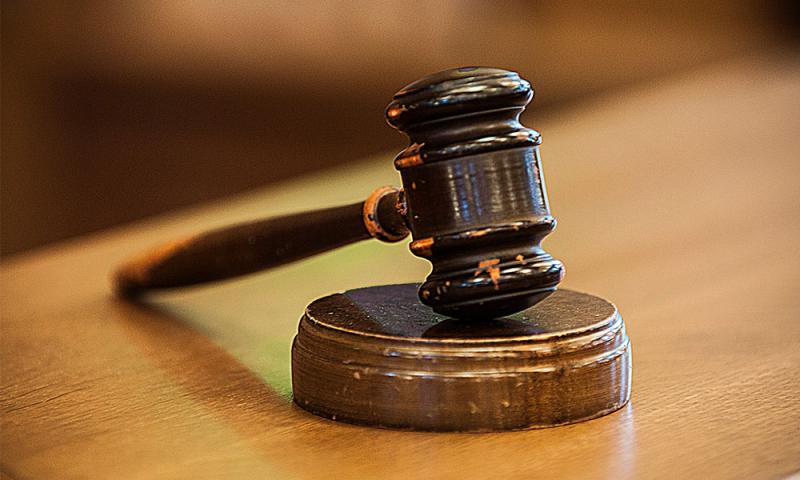LETTER | Lawyers and media groups have understandably expressed concern over the Federal Court's decision to cite news organisation Malaysiakini for contempt and fine it RM500,000 over five reader comments.
But didn’t the lawyers and media groups see it coming? Perhaps not the fine amount which is, arguably, excessive, but the contempt decision itself?
Based on the summary of the majority decision, Malaysiakini admitted that the comments are indeed offensive, inappropriate, disrespectful, and contemptuous and regretted the publication of them. But both Malaysiakini and editor-in-chief Steven Gan maintained that they both played no role in publishing them.
So the argument essentially was that they could not be held liable for contempt because the comments were posted by third-party subscribers on the Malaysiakini website. They were not the author or editor of the impugned comments. They in fact had no knowledge of the comments till alerted by the police, after which they promptly took them down.
Is there no clear jurisprudence that has developed a precise theory to determine when an online platform provider who creates a technology, system, or platform that enables wrongful behaviour will be liable?
We could have looked down under to a decision in June 2020 by the New South Wales (NSW) Court of Appeal in Fairfax Media Publications; Nationwide News Pty Ltd; Australian News Channel Pty Ltd v Voller [2020] NSWCA 102, which should alert media groups, and lawyers alike.
A news media, or any business for that matter, that maintains internet discussion forums, including social media pages upon which third parties can engage in discussion, will need to become aware of and seek to guard against the risks of liability for comments by third parties.
Key facts
The facts, in that case, are straight-forward, which media like Malaysiakini should be able to relate to.
Fairfax Media Publications Pty Ltd, Nationwide News Pty Ltd, and Australian News Channel Pty Ltd (the media groups) maintained Facebook pages on which they published newspaper articles with an accompanying comment, image, and headline. The media groups posted news items concerning the incarceration of Dylan Voller in a juvenile justice detention centre.
Third parties posted comments critical of him. Voller alleged that 10 of those comments were defamatory, including one which falsely accused him of assaulting a Salvation Army worker. The media groups promptly removed the comments when they became aware of them.
Voller commenced defamation proceedings against the media groups claiming that particular comments conveyed defamatory imputations and that the media groups were liable as publishers.
The trial judge decision
The trial judge had to first determine that the media groups were 'first or primary publishers' of the third-party comments. The trial judge found that the media groups were indeed publishers. They then appealed to the NSW Court of Appeal.
Arguments by media groups
Like Malaysiakini, the media groups argued that they were not publishers of third-party comments made on Facebook pages they administered. They further contended that they did not make the defamatory posts which were available to the public nor participate in the publishing process. For this reason, they should not be held responsible for the defamatory content.
And like Malaysiakini as well, the media groups argued that since they had promptly removed the defamatory comments when it came to their attention. As such, they could not be regarded as adopting the position of those comments.
Court of Appeal decision
The Court of Appeal dismissed the appeal. The three appellate judges agreed with the trial judge that the news groups were publishers of the third-party comments. The appellate court held that a party who participated and was instrumental in bringing about publication of defamatory matter was potentially liable for having done so notwithstanding that others may have participated in that publication in different degrees.
The news groups were publishers because they had:
- subscribed to a facility enabling them to have an 'official' Facebook page for their newspapers;
- encouraged and facilitated the making of comments by third parties which when posted on the page were made available to Facebook users generally; and
- the control to monitor and delete user comments.
It was immaterial that the comments were promptly removed because the media groups had facilitated the publication of them in the first place.
Let the media beware
Clearly, the media groups here should have been alerted that they could possibly be publishers of third-party comments made on internet discussion forums they administer.
The media groups may yet appeal to the highest court, the High Court of Australia.
But we need not wait for that. The Federal Court has found that Malaysiakini has full control on what is publishable and what is not. It has failed to rebut the presumption of publication on the grounds that it has no knowledge of the impugned comments and has facilitated the publication of the impugned comments.
In short, Malaysiakini is a publisher of third-party comments.
Let the media beware.
The views expressed here are those of the author/contributor and do not necessarily represent the views of Malaysiakini.





